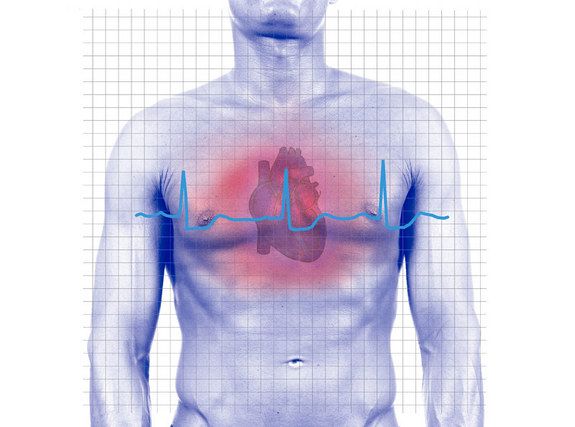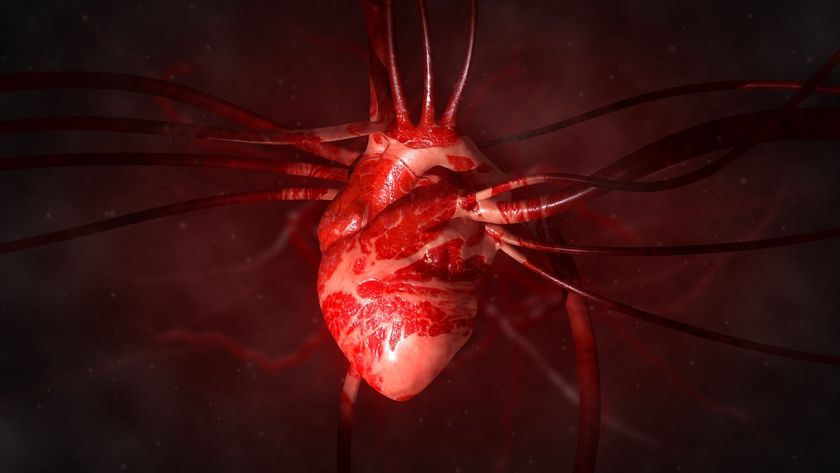Satisfaction Is Good for the Heart

Feeling satisfied with your life may be good for your heart, a new study says.
Participants' level of satisfaction with their job, family, sex life and with themselves was associated with their risk of coronary heart disease. The higher their satisfaction, the greater the risk reduction, the researchers said.
The results are based on surveys of about 8,000 British government workers. Researchers asked about seven specific areas of participants' everyday lives: love relationships, leisure activities, standard of living, job, family, sex and one's self. They were asked to rate their satisfaction in each area on a scale of 1 (very dissatisfied) to 7 (very satisfied).
Over the next six years, the researchers tracked the participants' health records for coronary related deaths, non-fatal heart attacks and angina, or chest pain.
Higher levels of average life satisfaction were associated with a 13 percent reduced risk of coronary heart disease. Satisfaction with one's job, family, sex and self seemed to be the most important for heart disease protection, the study said.
The results held after the researchers took into account other heart disease risk factors including high blood pressure and body mass index (BMI).
While depression and anxiety have long been recognized as risk factors for heart disease, there has been less certainty over the benefits of a positive psychological state, such as feeling content with your life, the researchers said.
Sign up for the Live Science daily newsletter now
Get the world’s most fascinating discoveries delivered straight to your inbox.
"These findings suggest that interventions to bolster positive psychological states — not just alleviate negative psychological states — may be relevant among high-risk individuals," said study researcher Julia Boehm, of the Harvard School of Public Health in Boston.
The results were published online Monday (July 4) in the European Heart Journal.
Pass it on: Feeling content with your life may reduce your risk of coronary heart disease.
This story was provided by MyHealthNewsDaily, sister site to LiveScience. Follow MyHealthNewsDaily on Twitter @MyHealth_MHND.












